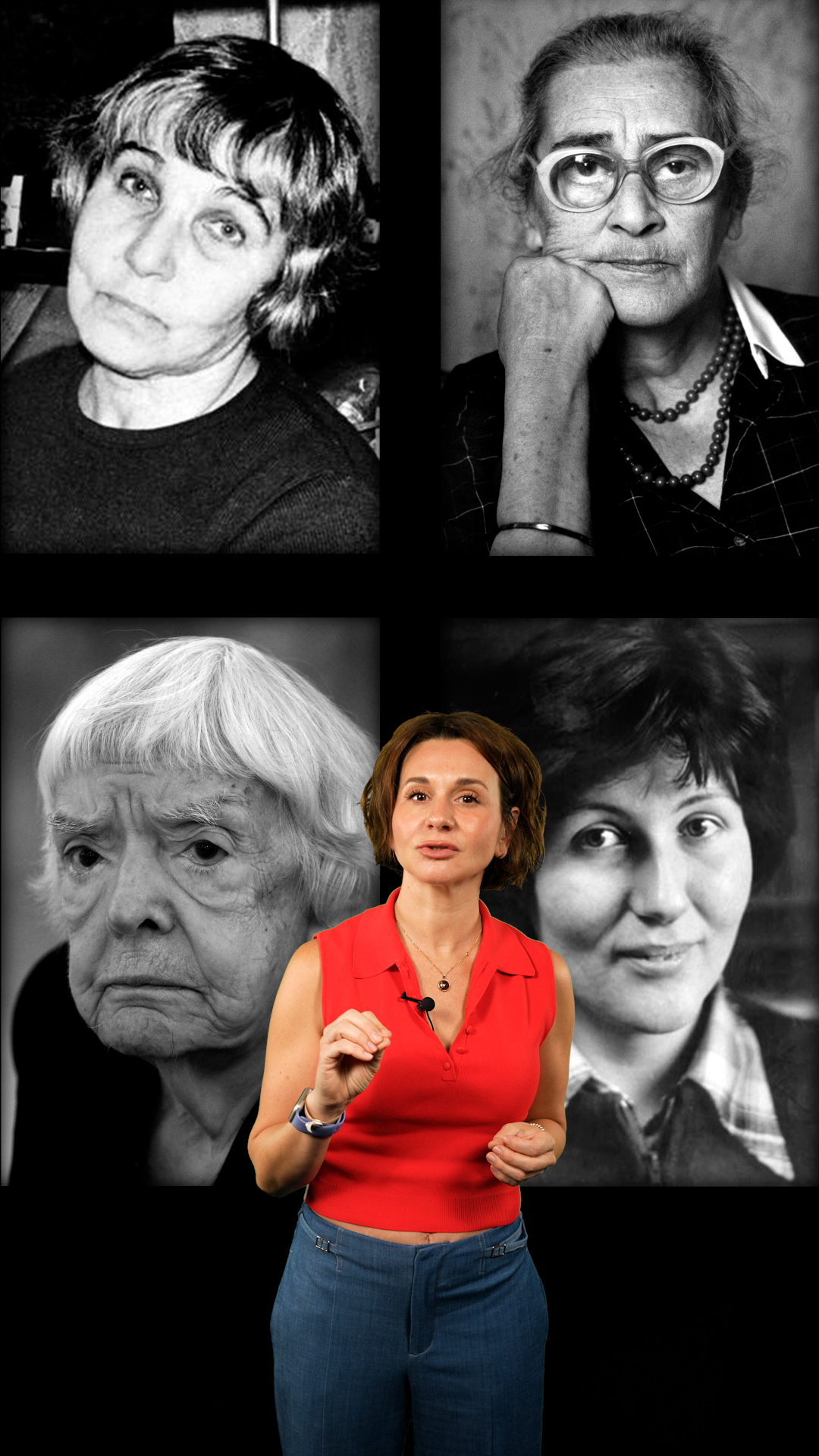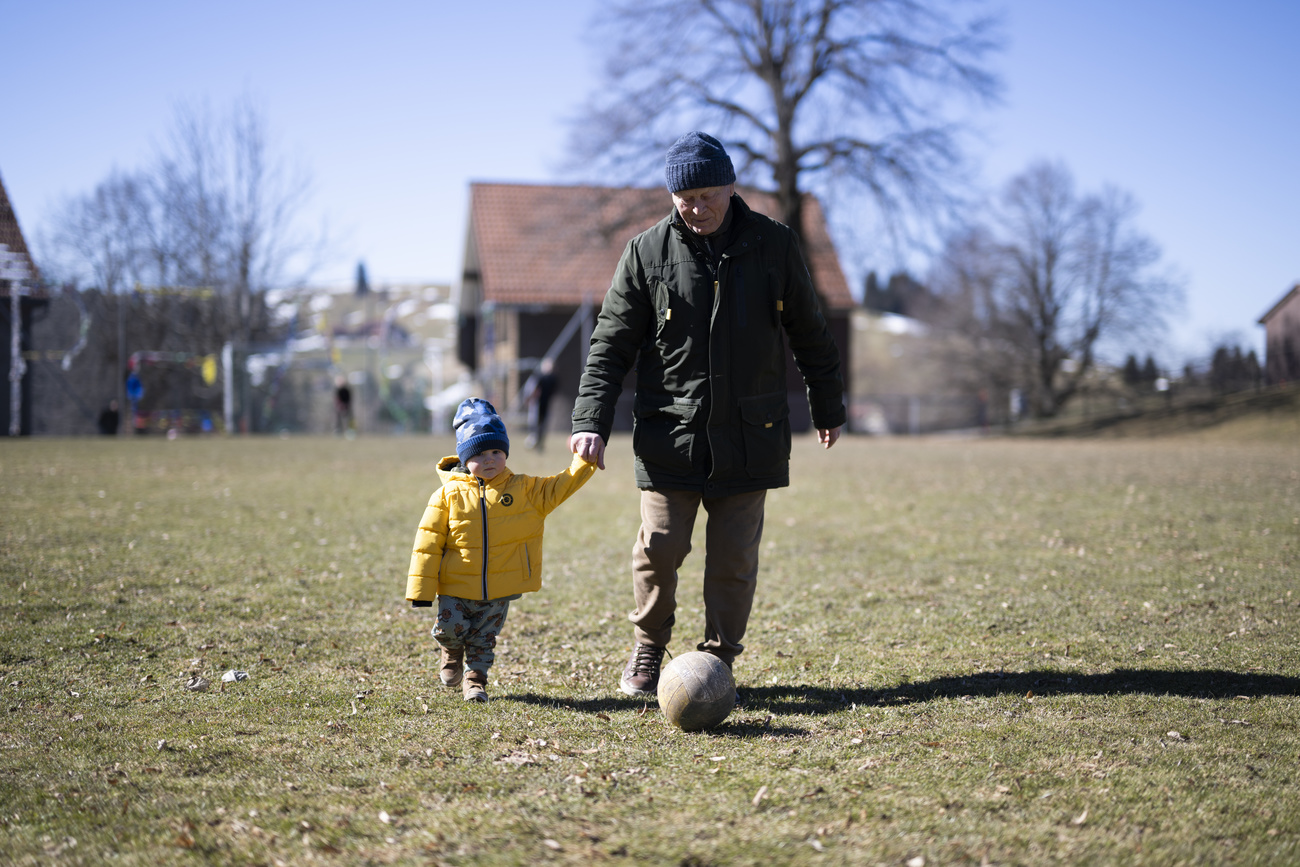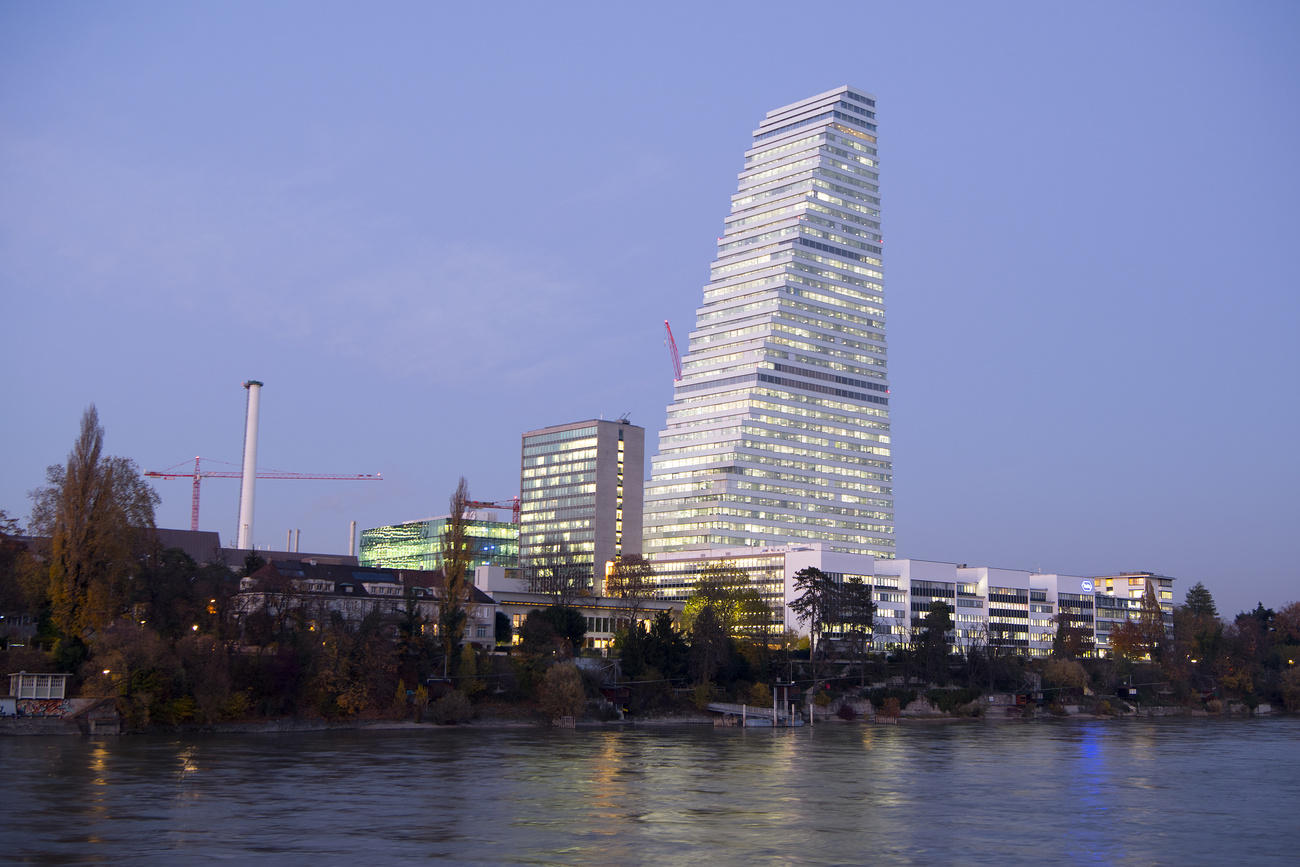
How a Group of Elderly Swiss Women Won a Historic Human-Rights Verdict
(Bloomberg) — The seeds of this week’s historic victory by an association of elderly women at the European Court of Human Rights were sown in the baking heat of summer 2003.
That year, a heat wave killed more than 70,000 people across Europe, with a disproportionate number of deaths occurring among elderly women. Zurich-based lawyer Cordelia Baehr, now 43, was attending law school at the time, but in 2016 she had an “aha” moment informed in part by that heat wave’s impacts: Research has shown that elderly women are particularly vulnerable to extreme heat, and that extreme heat is exacerbated by climate change.
“That’s when I came up with the idea of protecting older women,” Baehr says, “based on statistics that the risk of dying from extreme heat was far greater to women than men.”
In August 2016, Baehr and about 270 pioneering members of KlimaSeniorinnen Schweiz, which loosely translates as Senior Women for Climate Protection Switzerland, held their inaugural meeting. (Today the group represents about 2,500 women.)
Almost eight years after that first confab, the women made legal history. On April 9, the European Court of Human Rights ruled by a margin of 16 to one that the “Swiss Confederation had failed to comply with its duties” concerning climate change and had violated the plaintiffs’ rights to respect for private and family life. The verdict carries outsized importance because decisions by the court are binding across all 46 member states of the Council of Europe.
“The court recognized that climate change affects human rights now and in the future and that, as a result, countries need to adopt science-based targets to limit dangerous climate change,” says Lucy Maxwell, co-director of the Climate Litigation Network.
The victory didn’t come easy. Three months after KlimaSeniorinnen Schweiz’s first meeting with Baehr, the group submitted a request to the Swiss Federal Office of the Environment to correct the course of its climate policies. That request was dismissed in 2017, as were two subsequent appeals that went all the way up to the Swiss Supreme Court. Crucially, though, that cleared the way for the women to take their case to the European Human Rights Court in 2020.
Baehr’s decision to zero in on her clients’ vulnerabilities proved a winning one, says Kelly Matheson, a human rights lawyer and deputy director of climate litigation at Our Children’s Trust. “Everybody is impacted by climate change in one way or another,” she says. “But the more serious and grave the harm, the more compelling it is for a court.”
Leïla Choukroune, a professor of international law at the University of Portsmouth in the UK, says this is set to become an important part of any climate-human right plaintiff’s arsenal. “It shows how women’s health rights could guide international climate litigation,” she says. “It’s very likely we are going to see much more of these cases in the coming years.”
Read More: Swiss Women Open ‘Floodgates’ to Net Zero Challenges
Frail in body, sharp in mind
Elisabeth Stern, 76, has been a member of KlimaSeniorinnen Schweiz since 2016 and now sits on the organization’s board. An ethnologist who has studied and taught in California, Switzerland and Zimbabwe, she says the group’s intention has always been to use medical facts to push for tangible change on climate policy.
“When I joined in 2016, the narrative was, ‘Why don’t you sit back and knit something?’” she says. “But I knew that they might be frail in body but were sharp in mind.”
The 2003 heat wave in Europe killed more than 72,000 people, according to United Nations figures; in France alone, the excess mortality rates for women were 75% higher than for men. At the time, temperatures topping 41C (106F) in Switzerland and France were seen as extreme. Now the mercury regularly climbs into the low 40s in European hotspots. Last summer, temperatures hit 48.8C in Sicily, shattering regional records.
That incontrovertible trajectory is part of what pushed Baehr forward. While the world might have been surprised by this week’s verdict, she says she was “quite confident” the ECHR would side with their claim that Switzerland was failing its senior citizens.
“The climate crisis is real, it’s there, it’s urgent and has the greatest impact on human rights you can imagine,” she says. “If they’d said climate protection is not a human right, it would’ve been impossible…. that Europe’s biggest court on human rights would’ve stepped back.”
Now the next phase of waiting begins. The Swiss Federal Office of Justice said it will analyze the extensive judgment and “review what measures Switzerland will take in the future.” Viola Amherd, Switzerland’s president, was more blunt: “I would like to know what the grounds for it are,” she said.
The ruling, which cannot be appealed, means that Switzerland will be required to amend its national legislation to ensure that climate policies are based on science, and in line with the government’s stated goal of achieving net zero emissions by 2050.
While they wait, Baehr, Stern and their colleagues are enjoying a victory lap. Baehr says she has nothing but admiration for what the women achieved, and feels an almost familial bond with them. “I had a strong relationship with my German grandmother and I really like them,” she says. “They’re great women who’ve devoted thousands of hours to this cause.”
Stern is just as complimentary, calling Baehr “the brains” of the campaign and describing her fellow plaintiffs as “agents of change.”
“Statistically speaking, we are not going to be here in 10 years,” Stern says, “so we are doing this for future generations.” With apologies, she then cut the interview short. It was time to pack and catch a train to the Swiss capital Bern — for a celebration party.
©2024 Bloomberg L.P.





































